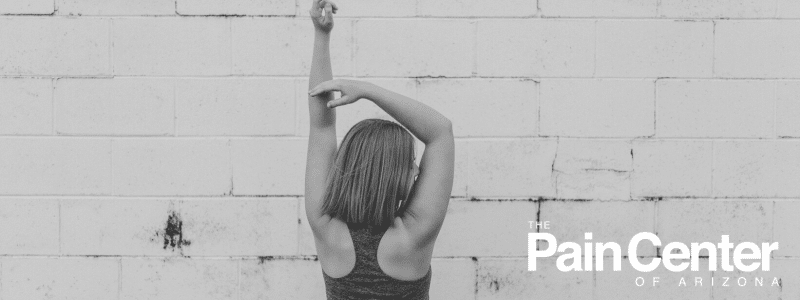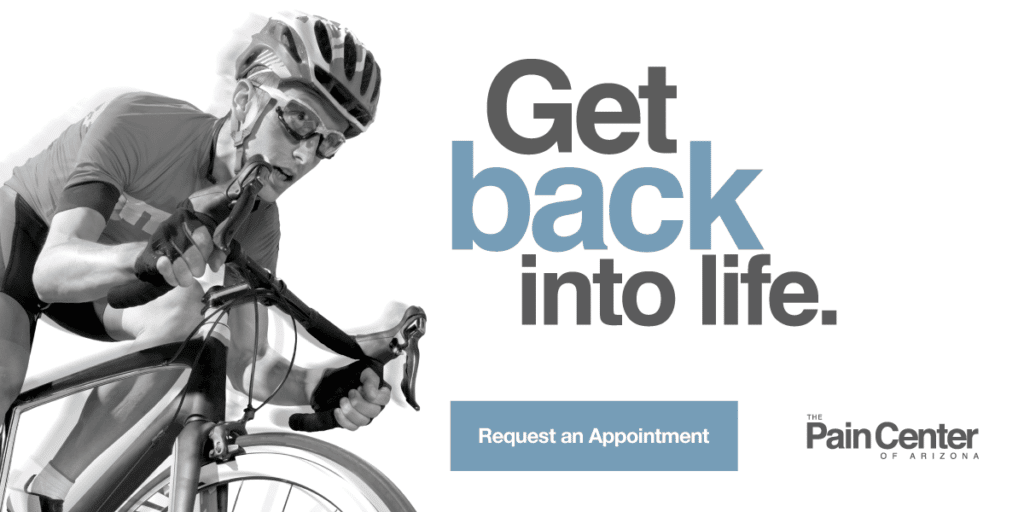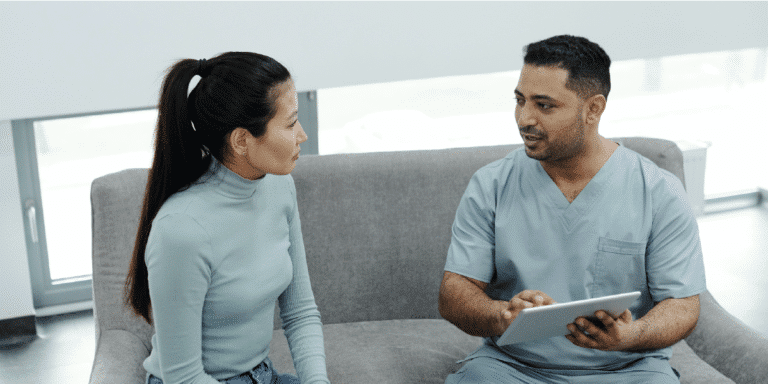
At a young age, we were warned not to twist to crack our backs so we don’t get arthritis. The sensation may feel good and is most likely not a cause of an existing arthritic condition. Instead, an autoimmune disease, where the body attacks the joint tissues, could cause arthritis, or the joints could have just naturally degenerated.
Since we know that cracking your back cannot cause arthritis, our physicians want to describe the effects of cracking when patients already have arthritis. Is it a harmless way of releasing tense muscles, or can it cause more damage than good?
Cracking or “popping” your back is a heavily debated topic. On one hand, chiropractors perform spinal manipulations to relieve back and neck pain, but on the other hand, you are forcing your body into irregular movements, causing a very unnatural sound.
First, we can look at what’s going on inside the joints. The joints are filled with gasses and liquids. When you crack your back or neck, you are putting sudden, intense pressure on the joints causing the gas to shift very rapidly. You can’t pop your back again for a little while because the gas needs time to re-enter the joint.
Fortunately, cracking your back does not make an arthritis condition worse or speed up the degeneration in any way. However, even though it can’t make the condition worse, it could cause pain to some patients who would normally find relief by popping their spines. Sometimes, joint degeneration is so severe that the bones are touching and grinding against each other.
If patients twist their backs to pop it, they could be in pain if their bones are touching. Twisting the spine is one of the easiest ways to cause back pain. Even if the patient’s bones are not touching, twisting can easily cause muscle strain, especially if the patient is lifting a heavy object while twisting.
Our physicians recommend seeking professional chiropractic help if patients want to relieve their back pain. They can use trigger point therapy to release muscles so less pressure is put on the joints. However, chiropractic care is not for everyone. If the joints are severely swollen, a chiropractor could cause more pain during and after an adjustment.
If patients wish to seek chiropractic care or want to continue cracking their backs without pain, The Pain Center of Arizona offers a number of injections for the back and neck that can help reduce inflammation by putting soothing medicine directly into the infected joints. Talk to your physician at your next appointment about which injection will help you reduce back pain the most.
Even though cracking your back is harmless, it can be painful if the bones and joints are not in a good position.
The advice and information contained in this article is for educational purposes only, and is not intended to replace or counter a physician’s advice or judgment. Please always consult your physician before taking any advice learned here or in any other educational medical material.




